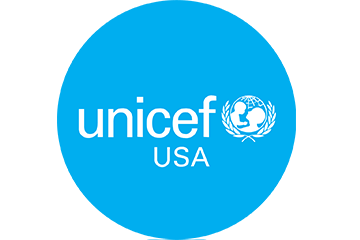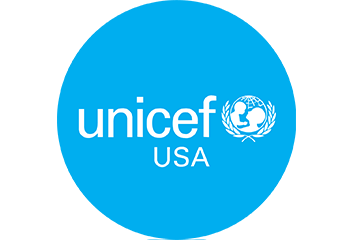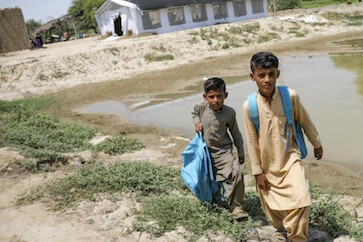Excited students headed back to the classroom in South Africa this month after two years of school closures and staggered schedules to prevent the spread of COVID-19.
“Coming back to school … is important because we need to get a better education,” says Nokukhanya, 12. “And we need to have a better future.”
UNICEF-supported hygiene protocols are in place in South Africa’s schools to prevent the spread of the coronavirus. “I feel safe coming to school because we have our masks, we sanitize and we have our social distancing,” says 11-year-old Vuyelwa.
“Now my future is back, and I’m happy.”— Lindokuhle, 11
Pandemic-related learning disruptions have taken a huge toll on South Africa’s students. New data from UNICEF and UNESCO shows that schoolchildren in South Africa are between 75 percent and a full school year behind where they should be. Some 400,000 to 500,000 students reportedly dropped out of school altogether between March 2020 and July 2021.
Worldwide, more than 635 million students worldwide remain affected by full or partial school closures. Disruption to education has meant millions of children have significantly missed out on the academic learning they would have acquired if they had been in the classroom, with younger and more marginalized children facing the greatest loss.The closures have impacted children’s mental health, reduced their regular access to school meals and increased their risk of abuse.
Globally, more than 635 million children remain affected by full or partial school closures
“In March, we will mark two years of COVID-19-related disruptions to global education. Quite simply, we are looking at a nearly insurmountable scale of loss to children’s schooling,” said Robert Jenkins, UNICEF Chief of Education. “While the disruptions to learning must end, just reopening schools is not enough. Students need intensive support to recover lost education. Schools must also go beyond places of learning to rebuild children’s mental and physical health, social development and nutrition.”
UNICEF is working to support the safe reopening of school systems around the world and to help children get the support and services they need to reach their full potential. You can help.
The bipartisan Keeping Girls in School Act is designed to harness the power of U.S. Government to address the barriers that prevent girls from getting an education. Urge your Members of Congress to support legislation that empowers girls around the world.
Top photo: Students in South Africa are back in the classroom after two years of disrupted learning. New research from UNICEF and UNESCO shows that pandemic-related school closures and staggered schedules have left South African schoolchildren between 75 percent and a full school year behind where they should be. © UNICEF Video edited by Tong Su for UNICEF USA.





